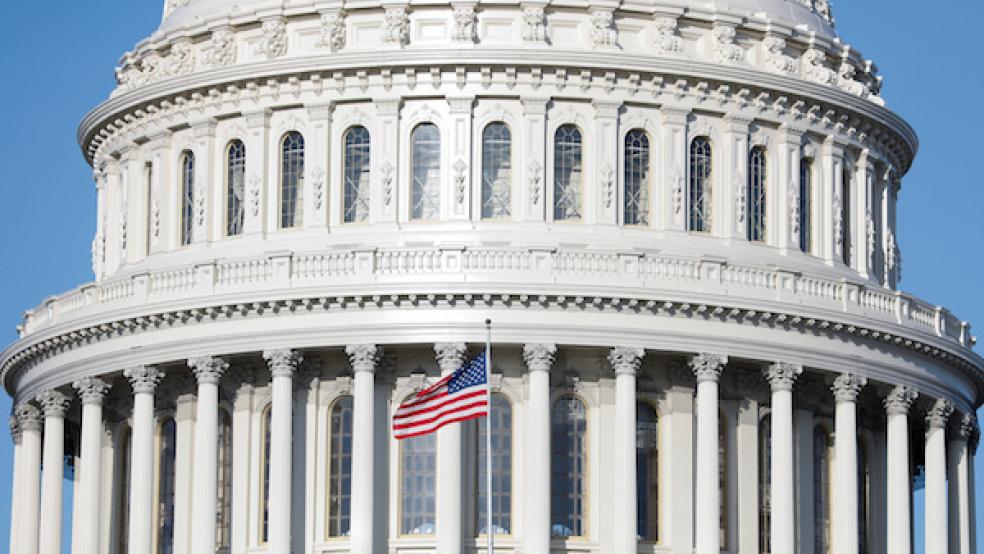The federal budget deficit grew to $1.88 trillion in the first eight months of the 2020 fiscal year, the Treasury Department announced Wednesday.
Nearly twice the deficit recorded in all of 2019, the gap between revenues and outlays was driven largely by the more than $3 trillion Congress has appropriated to help businesses and individuals struggling amid the coronavirus epidemic. And the deficit is likely even larger, Treasury officials said, since the numbers don’t include the more than $600 billion lawmakers have provided for small business loans, many of which will be converted to grants that won’t be paid back.
Despite the enormous increase in the deficit, most lawmakers and economists across the political spectrum agree that the additional spending on relief measures has been necessary and unavoidable, given the severity of the recession caused by the pandemic. “They would have thought you were pretty crazy if you were yelling about the deficit in 1943. It’s a comparable situation now," Dean Baker, co-director of the Center for Economic and Policy Research, told The Washington Post. "You have to spend enough to keep people more or less whole. There is not much of an issue here.”
Still, White House economic advisers have started to express concerns about the issue. And at least one deficit hawk has criticized the lack of budgetary discipline in the years running up the coronavirus crisis that made the current situation worse. “If policymakers had spent the past five years addressing the debt rather than passing massive tax cuts and spending hikes, we could have offered more economic support and still had lower deficits,” said Marc Goldwein of the Committee for a Responsible Federal Budget.
One thing that there’s little doubt about: there’s a lot more deficit spending to come. The Congressional Budget Office estimates that the deficit will hit roughly $3.7 trillion in the current fiscal year.




